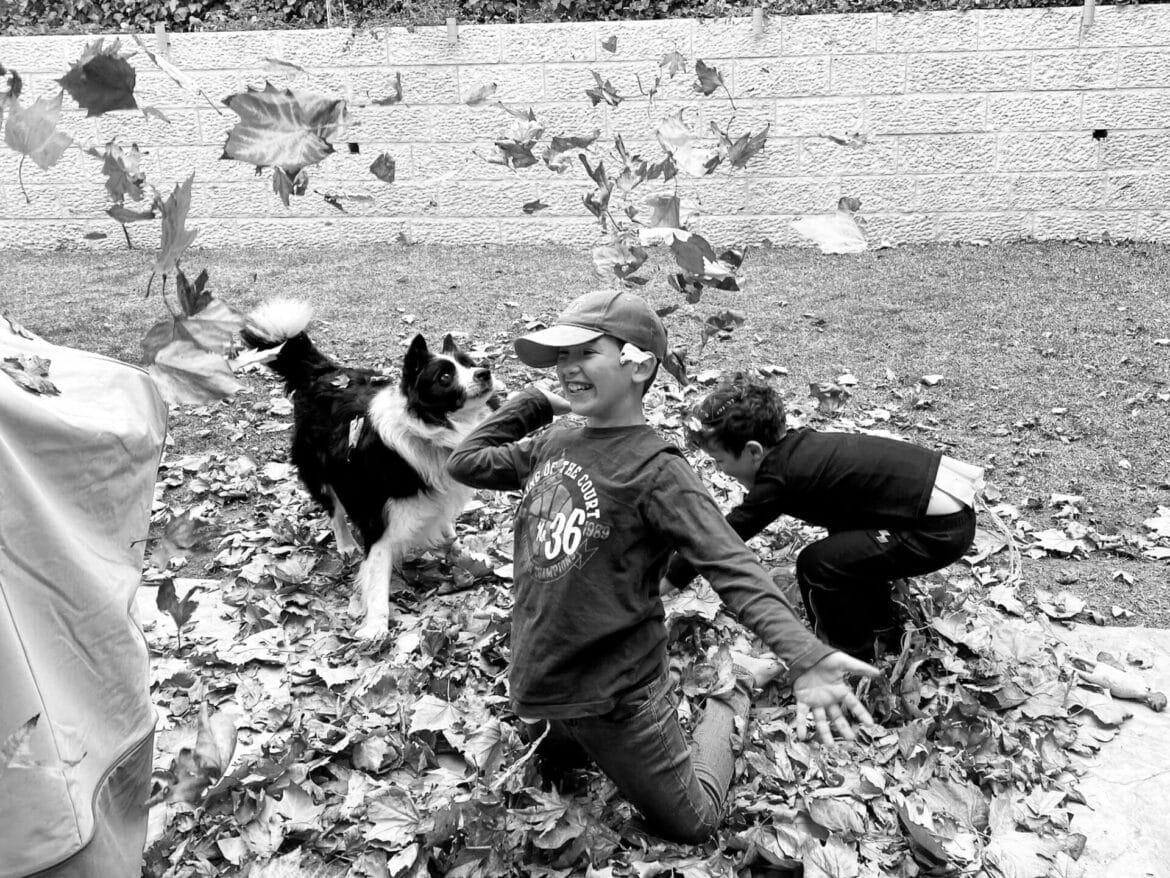
It’s another typical day in Israel, Autumn 2023. Except there are no typical days.
After hours of working in front of the computer I need a break, so I send a WhatsApp to a friend, and we agree to meet up for an afternoon walk. My daughter just got back from work; she looks tired. So I volunteer to take my two year old granddaughter, Simcha, along for the ride – I know that everyone will enjoy that. My daughter buckles Simcha into the stroller, handing her her water bottle and pretzels, and off we go. On my way out the door, I strap on a 25 pound rucksack – might as well get in an extra workout, I think to myself.
I pick up my friend a few houses down, and we begin our walk down the streets of our quiet town. Many days have passed since the start of this war, and I find myself relaxing into the conversation, the scenery on the streets. We wave at the soldiers newly stationed outside the pre-school. Although my gun is tucked in my backpack, I feel no imminent danger as we stroll along. Instead, I’m actually enjoying myself: catching up with my friend, exchanging thoughts and feelings about the current events. I update her about my soldier son in Gaza. She’s worried about the war, and it’s good for her to get out and talk
Down the hill we go, to the other side of town. The weather has finally cooled to fall like temperatures– it’s blissfully breezy, a perfect autumn day. The birds chirp, and yellow leaves drift down onto the rose bushes that line the street. Simcha babbles in her stroller, her two tiny pigtails blowing in the wind. Life feels sweet for a happy moment.
And then, a terrible sound pierces the quiet. The siren wails – it’s a rocket attack, the first in a week.
Air raid sirens would normally send me looking for cover, but right now I feel a level of panic that I haven’t felt before. Once, a year or two ago, I was out hiking with my husband when a siren went off. We calmly separated, figuring that if by some small chance a rocket landed on one of us, at least the other would live on for our kids. But this time, I’m panicked. My two-year-old granddaughter is still sitting in her stroller with her cup of pretzels, ears perked up to the siren, but oblivious to any danger. And I must find her shelter.
My friend dashes off to find cover. She’s probably looking for a cement overhang or the inside of a garage, a natural enough solution when you’re out far away from home. But I don’t want to find cover. I want to find a Mamad, a safe room, where my granddaughter will be completely out of harm’s way.
Back at home, I think, my daughter must be freaking out. So much for a quiet nap.
Without hesitation, I sprint down the hill, pushing the stroller towards the first house I see. I look down at my granddaughter – there are buckles, I now notice. I unbuckle her in a hurry (thank G-d, these aren’t the grandparent proof ones, like those in her car seat), lift her out, and run to the door of the house. “Miklat! Miklat!” I shout as I approach. I knock. No one answers. I try the door. It is locked. I look at Simcha. I panic.
Then I remember that I have one and a half minutes to find a safe room. That’s a lot of time. I dash down the steps to find another house, leaving the stroller in the street.
With 25-pound Simcha in my arms and a 25-pound pack on my back, I sprint down the road to find a Mamad, all the while bemoaning the awkward shape of this street which makes the houses so darn far apart. The sirens still wail. Any minute now.
I feel a desperation inside, almost entirely due to the fact that I must find a place to shelter my granddaughter.
A car drives by, and I wonder, obtusely, why the people inside don’t stop to help me. Just as I reach the next house, asking myself if it too will be locked, I see I man emerge from an upper apartment, running down the stairs. “Miklat! Miklat!,” I yell again.
“Lemata, lemata! Bo-I iti,” Come with me, he yells.
I run ahead, Simcha, backpack, and all, towards the bottom apartment, pausing at the closed door. “Go in!” the man shouts.
Together we run inside and down the stairs, until we find ourselves in a safe room, with a father and his two teenage sons. Conveniently, there is a bed in this safe room, and I collapse onto it with Simcha in my arms. We hear four booms…loud ones. When we check the news, we see that the closest rocket fell near Efrat, less than a mile away.
It is then that I realize that my heart is pounding, and I am absolutely dripping with sweat. I’ve never tried to escape from a hungry lion before, but I am guessing that this is how I would feel.
We are safe now, or so it seems. Simcha looks around the room at all the new people, clearly having enjoyed the speedy ride in her grandmother’s arms. I immediately call my daughter to reassure her that we are safe. She doesn’t sound worried at all, “I knew you’d find a place for her,” she says with a confidence that must be a remnant of her belief that parents are infallible.
For the first time in so many years, I am reeling from visceral fear for another human’s life, one that I am completely responsible for. I have vague recollections of this feeling from the early days of motherhood – I felt it the first time my son held his breath until he passed out, and the time my daughter split open her lip and wouldn’t stop bleeding. I panicked then because I didn’t know how these mishaps would end. That feeling of powerlessness faded as I gained experience as a mother. Now, as a grandmother, I’d just been returned to near impotence. I try not to think about those children in Be’eri, waking up in their Mickey Mouse pajamas to find their house flooded with murderous terrorists. How must their parents have felt?
While we sit there, Simcha imitates siren sounds. I make conversation with my new friends in the bomb shelter, conjecturing about how long we must stay inside. Eventually, we decide that it’s safe to go. My friend calls: she had hidden under a cement overhang and is now waiting for me. When I get back to the stroller in the street, Simcha is only mildly upset by the spilled pretzels she finds there.
As we head back uphill towards home at a fast pace, the serene mood of the morning is, quite obviously, shattered; so much for a relaxing walk. My friend and I are both worrying about our kids – where they are, how they must have reacted. Although they were nowhere near where the rockets landed, we are concerned about more than just their physical safety. I check the clock and realize that my youngest son was probably getting onto the school bus. My eleven-year-old (who’s school day finishes at 12:45 during wartime) was out eating pizza with friends in a nearby town – who knows how he reacted? I assume that my high school daughter was fine – until she calls me to let me know that she had left school early and had been about to get on a bus. She was terrified. Thank G-d, some soldiers nearby directed her to safety.
By the time I reach the house, my youngest son is home – his tear-streaked face tells me that this experience has cracked his normally calm demeanor. A friend had invited him to go biking that afternoon, but he doesn’t want to go, social butterfly that he is. “What will happen if there’s another siren?” he asks. And I get it. Life right now is scary without a plan.
Just another day in this glorious land of ours, a place that, even amidst the danger, is our home, the only one we have. In my home, I want to be able to go for a walk with my granddaughter, without worrying that she’ll get struck by a rocket. I want my kids to be able to go to school and feel safe.
And that’s why my son is fighting a war in Gaza.
These days, you just never know what a day at home will bring. But you can be pretty darn sure that it won’t be normal.

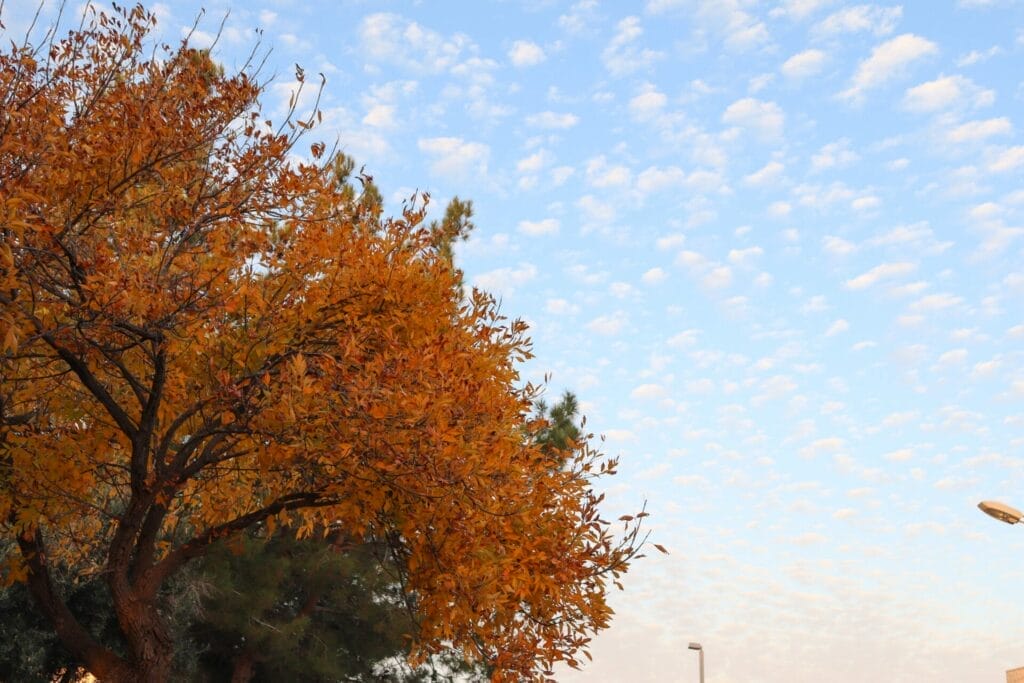
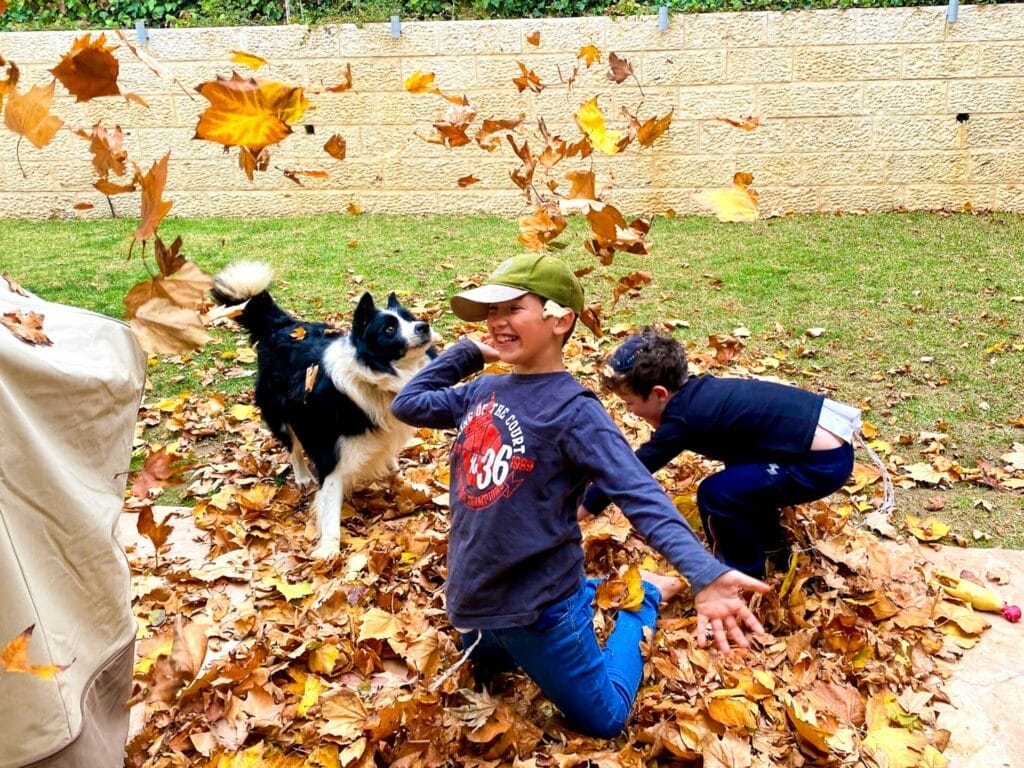
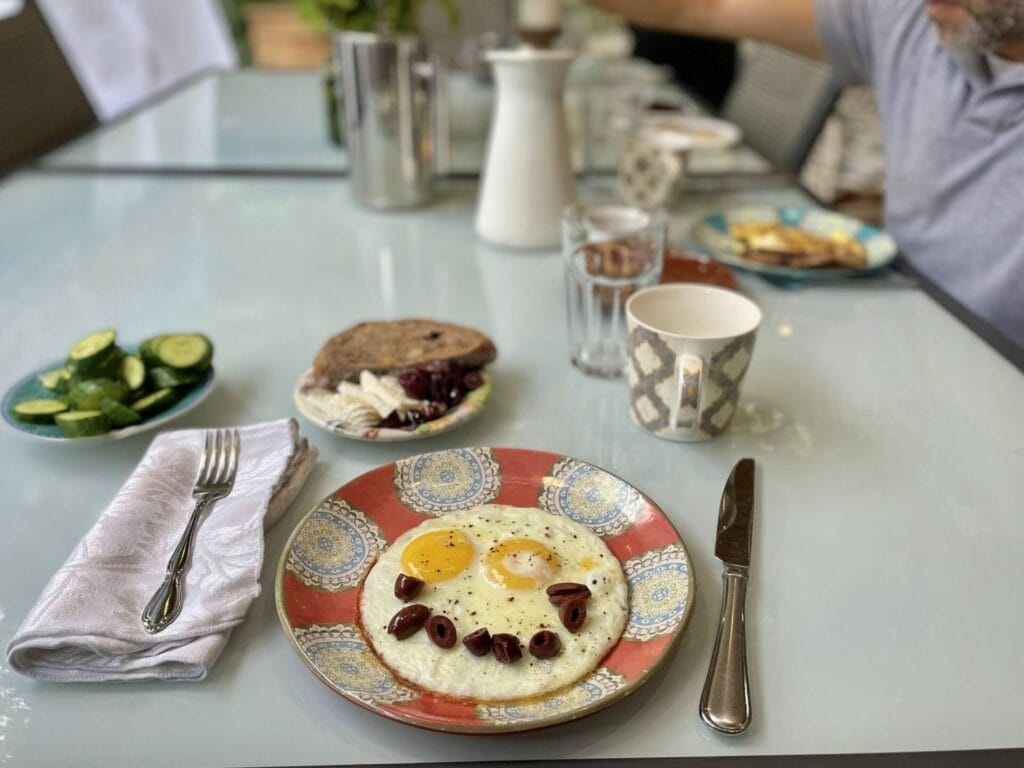

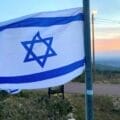




Thank you for your heartfelt writing. My children and grandchildren are there. The youngest was just getting used to gan which he now has in the school’s safe room… he’ll be 2 next month. My daughter cooks for her neighborhood as they attempt to be normal for the children who are all under the age of 8. Her staff live in Ukraine. Her brother-in-law patrols the Lebanon border. I want to be in Israel to help with the children so my daughter can work, or pick the crops of fruits or vegetables. I am usually there in October, November and December for the birthday season but I am in New Jersey where my Israeli daughter was born 40 years ago. I’m trying to get my 99 1/2 year old dad home from rehab after a week in hospital rendered him too weak to go the the bathroom unaided, and a husband needing radiation treatments. Am Yisrael chai! I want to work in Israel’s schools and help in any way I can. Thank you for your heartfelt writing. I am emotionally with you, and will return as soon as my dad is home and my husband beats his cancer. I have no doubt that Israel will be stronger than ever!
Jill, it sounds like you have your hands full! I am sure your children and grandchildren feel your love and support from afar. I know I do.
Thank you for your extremely emotional and beautiful writing.
Thank you so much, Mitchell.
100%. I tell my family in the US that we are living simultaneously 2 different existances at the same time. Where we go through our “normal” daily lives (cooking, food shopping, etc) but at the same time NOTHING feels normal. And every day feels like a whole world unto itself. Every morning I wake up wondering what that particular day will bring and how it will unfold.
May we hear only good news, may Hashem protect each and every soldier and citizen, and may the army be completely successful on all their missions. And may the hostages be brought home soon, safe in every way.
Thank you Susanna for sharing all your thoughts and feelings during this time.
Amen, amen! The new normal includes always expecting the unexpected. I agree 100 %
Susannah, dank dat je jouw intense belevingen zo goed weet te verwoorden, zodat de lezer voelt hoe het is om onder spanning te moeten leven. Wij bidden voor het gehele Israëlische volk, dat de Almachtige Zijn nabijheid aan hen voelbaar laat merken in deze zware tijd, hoe de vijand ook woedt. G’d bless you.
Heel veel sterkte in deze voor jullie en het land Israel zo moeilijke tijd. Wij bidden voor jullie.
The translation between Dutch and English is not correct. We pray for you, your country, your soldiers and your hostages.